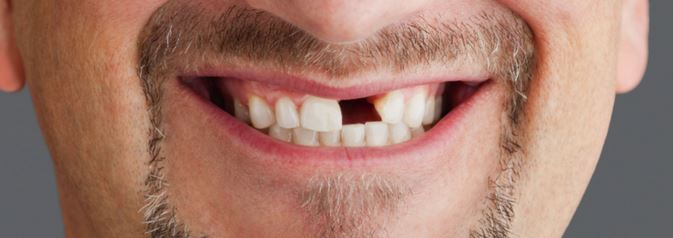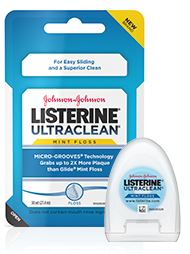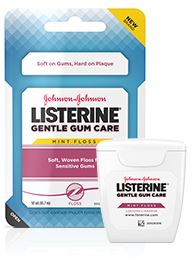A permanent tooth that is knocked out can sometimes be put back in place. In most cases, only permanent, adult teeth are reimplanted into the mouth. Baby teeth are not reimplanted.
CAUSES:
Tooth accidents are commonly caused by:
Accidental falls
Sports-related trauma
Fighting
Car accidents
Biting on hard food
First Aid
Save any tooth that has been knocked out. Bring it to Dr. Koshki as soon as possible. The longer you wait, the less chance there is for Dr. Koshki to fix it. Hold the tooth only by the crown (chewing edge).
You can take the tooth to Dr. Koshki by following one of these tips:
Try to place the tooth back in the mouth where it fell out, so it is level with other teeth. Bite down gently on gauze or a wet tea bag to help keep it in place. Be careful not to swallow the tooth.
If you cannot do the above step, place the tooth in a container and cover with a small amount of whole milk or saliva.
The tooth can also be carried between lower lip and lower gum or under the tongue.
Consider buying a tooth-saving storage device (Save-A-Tooth, EMT Tooth Saver) for your home first aid kit. This type of kit contains a travel case and fluid solution.
Also follow these steps:
Apply a cold compress to the mouth and gums to ease pain.
Apply direct pressure using gauze to control bleeding.
Go to see Dr. Koshki right away.
If your tooth is badly broken, your nerve endings may be exposed. You will need immediate dental help to avoid infection and pain.
You may not need an emergency visit for a simple chip or a broken tooth that is not causing you discomfort. You should still have the tooth fixed to avoid sharp edges that can cut the lips or tongue.
Do NOT handle the roots of the tooth. Handle only the chewing edge — the crown portion of the tooth.
Do NOT scrape the root of the tooth to remove dirt.
Do NOT brush or clean the tooth with alcohol or peroxide.
When to Contact Dr. Koshki
Call Dr. Koshki right away when a tooth is broken or knocked out. If you can find the tooth, bring it with you to your visit with the dentist.
If you cannot close your upper and lower teeth together, your jaw may be broken. This requires immediate medical help; please visit urgent care of ER for assessment and possible treatment.
Prevention
Wear a mouth guard when playing any contact sport.
Avoid fights.
Avoid hard foods, such as bones, stale bread, and tough bagels.
Do not chew ice.
Be careful when eating popcorn.
Do not use your teeth as tools to bite off tags or threads.
Always wear a seatbelt.
Dr. Koshki’s goal is to help you keep your healthy teeth for a lifetime of smiles!















